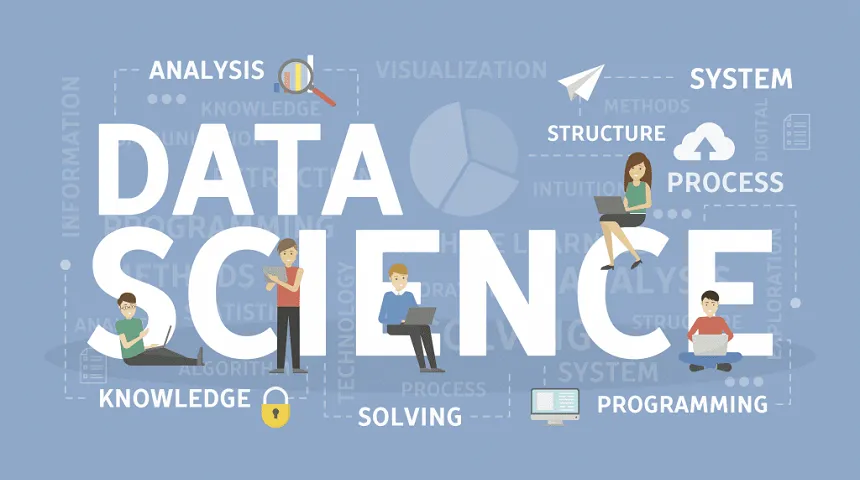As a staffing agency with one of our specialties being Data Science, we know what to look out for when hiring Data Science talent.
Data Science is still one of the buzzwords in technology in 2020, but let’s go back in time and see where it all started.
In 2012, the Harvard Business Review (HBR) said that the data scientist role was the sexiest job in the 21st century. Close to a decade later, it’s arguably even sexier.
LinkedIn ranked it third on its 2020 list of emerging jobs with a 37% annual growth rate. With artificial intelligence (AI) and big data now a part of our daily conversations, it’s impossible to envision a world where data science dies off. This is where everyone’s focus is. It’s no wonder this role made it on Indeed.com’s “Best Roles in 2020” list.
So we know that the demand is there, the question is: What do you look for when hiring a Data Scientist, and who are you competing with?
How much you should budget for a Data Scientist.
Well, several factors affect the salary you can expect to pay for a data science role. One of the biggest contributors is, as you’d expect, their skill set. Essentially, how can they deliver ROI?
The issue with data science is that there aren’t enough qualified candidates to fill the open positions (even in the tough economy). In a candidate-driven market, it is hard to find cream de la creme Data Scientist, and in the employer-driven market, you can waste hours sorting through unqualified resumes to land on a few worth interviewing.
There are hundreds of candidates with the title but lacking the skills to match. In 2011, McKinsey Digital estimated there would be a shortage of around 140,000–190,000 data scientists by 2018. And they were right. In 2018, LinkedIn reported there was a shortage of 151,717 data scientists.
But this is where the good news comes in —** when the applicants with the right qualifications come up, they have much more negotiating power. They can secure high salaries with great benefits.**
In the U.S., most data scientists (54%) have at least a master’s degree, with 23% holding a doctorate. They typically have a background in physics, mathematics, statistics, or engineering. A slight majority (57%) of data scientists are well versed in scripting and modeling, while 43% are more skilled in production and engineering.
According to the University of Wisconsin, the median base salary for a data scientist is $130,000, as of 2019. For level 1 scientists with one to three years of experience, they can expect a salary of around $95,000, whereas seasoned professionals and managers can earn anywhere from $146,000 to $257,000.
#data-scientist #data-science #hiring-tips #hiring #recruiting
